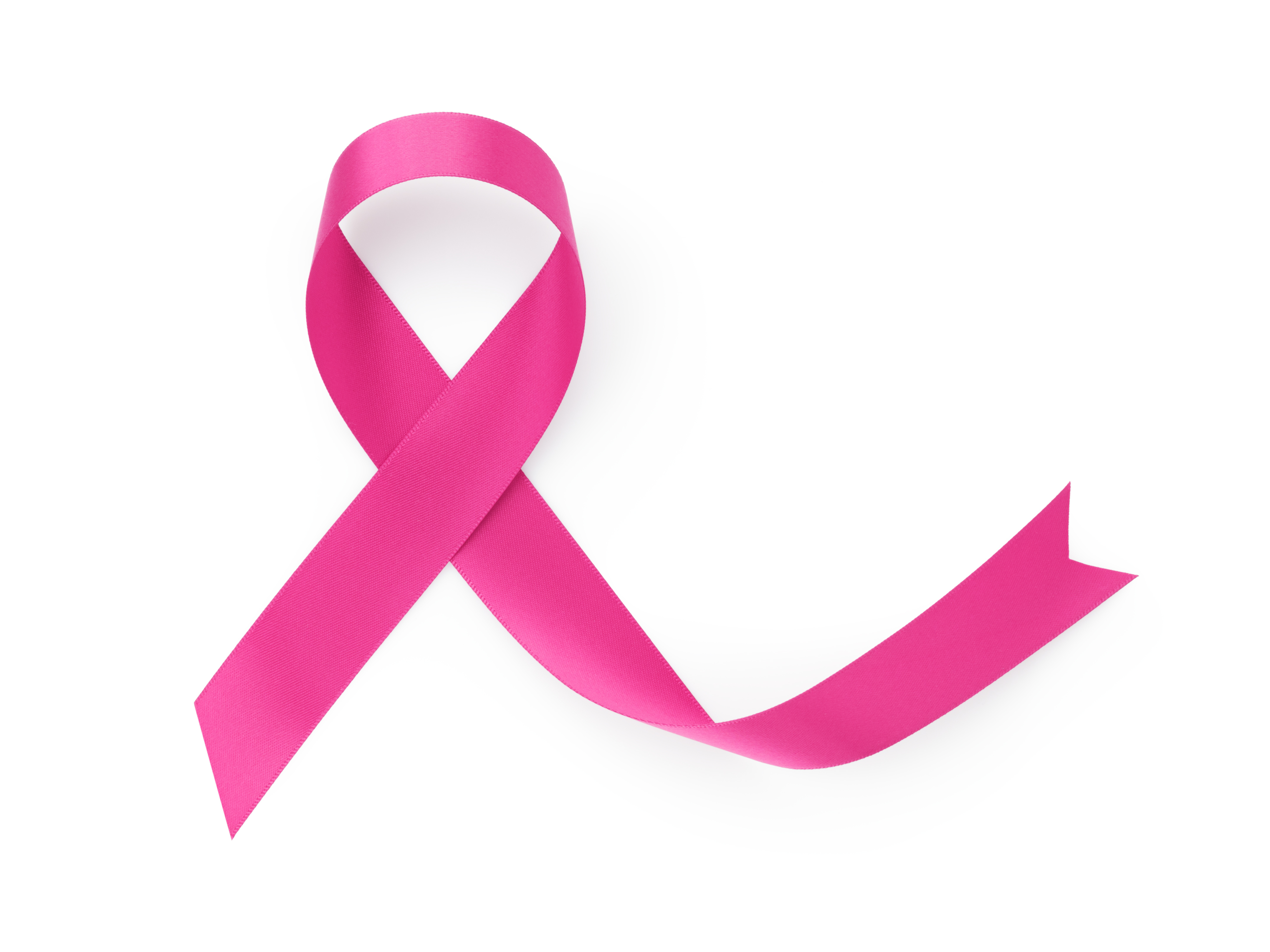Mental Health: Tips and Resources to Improve Your Mental Wellbeing

Each year in the United States, about 255,000 cases of breast cancer are diagnosed in women. Men are not immune—there are about 2,300 cases diagnosed in men each year. Similar to women, male breast cancer risk increases with age, and there are also risk factors such as radiation exposure, family history of breast cancer and obesity.
About 42,000 women and 500 men in the U.S. die each year from breast cancer.
While breast cancer in younger women is rare, it is the most common cancer among women ages 15 to 39, according to Yale Medicine radiologist Liva Andrejeva-Wright, MD.
Many factors over the course of a lifetime can influence your breast cancer risk. You can’t change some factors, such as getting older or your family history, but you can help lower your risk of breast cancer by taking care of your health in the following ways, according to the CDC:
Getting mammograms regularly can help find breast cancer at an early stage–and luckily–as that is when treatment has a better success rate. Mammograms detect irregularities in the breast years before physical symptoms develop.
According to the American Cancer Society, results from many decades of research clearly show that women who have regular mammograms are more likely to have breast cancer found early, are less likely to need aggressive treatment like surgery to remove the breast (mastectomy) and chemotherapy, and are more likely to be cured.
The United States Preventive Services Task Force (USPSTF) is an organization made up of doctors and disease experts who look at research on the best way to prevent diseases and make recommendations on how doctors can help patients avoid diseases or find them early.
The USPSTF, in line with the CDC, recommends that women who are 50 to 74 years old and are at average risk for breast cancer get a mammogram every two years. Women who are 40 to 49 years old should talk to their doctor or other health care professional about when to start and how often to get a mammogram. Women should weigh the benefits and risks of screening tests when deciding whether to begin getting mammograms before age 50.